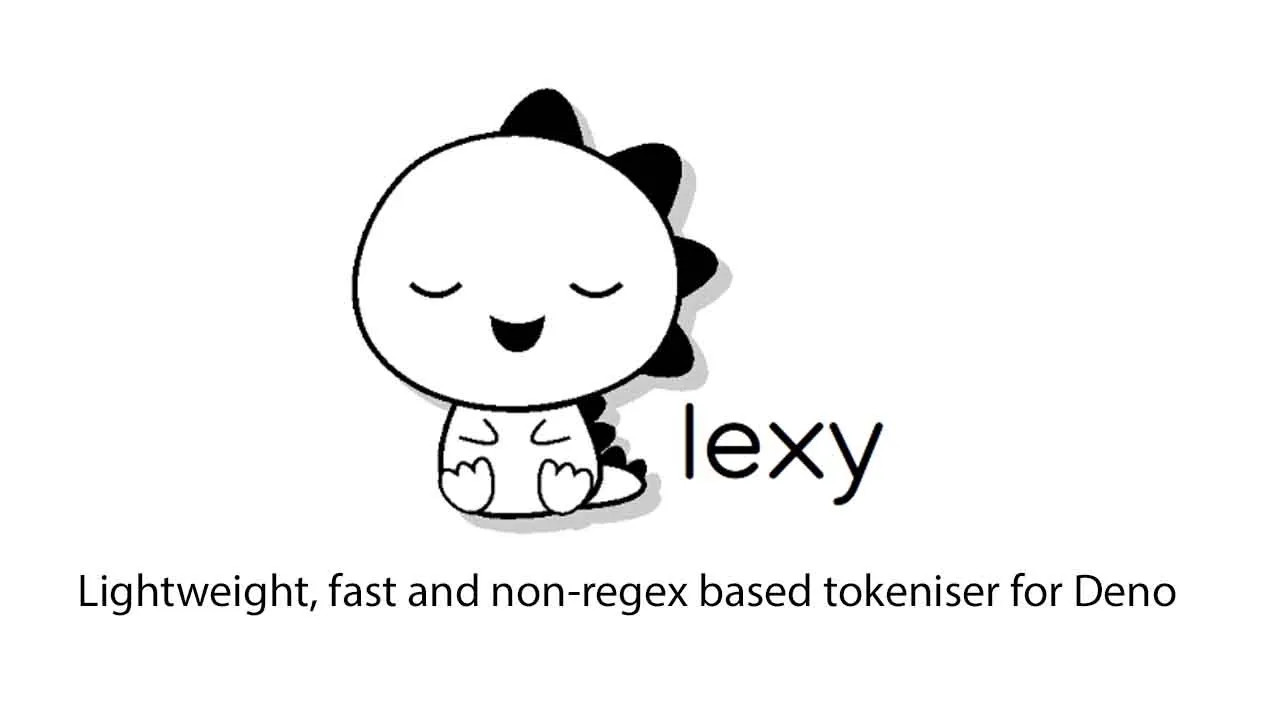Fast & Non-regex Based Lexical Analysis for Deno
Lightweight, fast and non-regex based tokeniser for Deno.
features
- Fast compared to regex based lexers.
- Clever ident lookup.
- Works on Deno, Node and the browser.
usage
let lexer = new Lexer("1 + 1 - 1");
lexer.use("1", (ch) => {
return { type: "one", value: ch };
});
lexer.use(["+", "-"], (ch) => {
return { type: "operator", value: ch };
});
const tokens = lexer.lex();
benchmarks
Benchmark code can be found in benchmarks/benchmark.ts. Below results are for a math expression lexer implemented in lexy and regexp. Input length: 400001 characters.
| iters | lexy (ms) | regexp (ms) |
|---|---|---|
| 1 | 0.461942 | 196.247439 |
| 10 | 0.587031 | 1526.35242 |
| 100 | 0.61392 | 14445.481962 |
| 1000 | 1.158556 | 156252.4421 |
Less is better
why
Lexical analysis is a common step towards building great parsers & analysers. Many libraries use regex for building lexers although that can impact performance in the long run.
In real programming languages, lexers are generally hand-written instead of regex. One of the main reason is performance.
This article compares hand-written lexers to regex based.
Download Details:
Author: littledivy
Source Code: https://github.com/littledivy/lexy
#deno #nodejs #node #javascript

2.60 GEEK